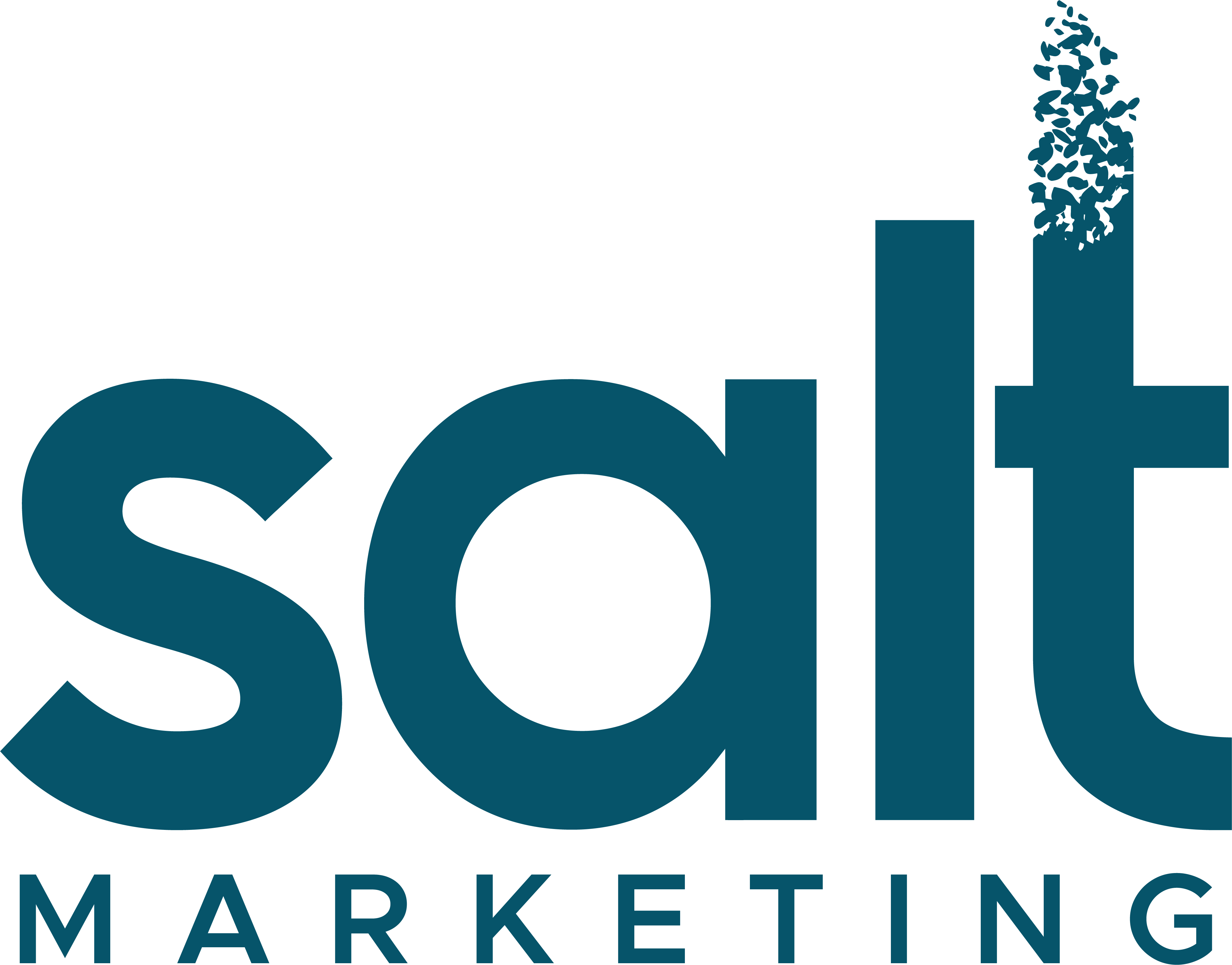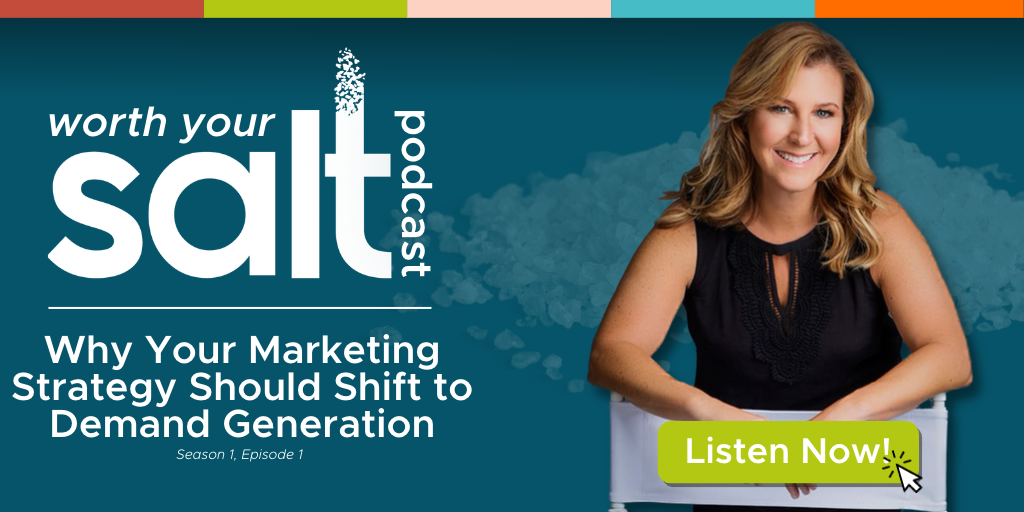What is up Shakers? Welcome to Worth Your Salt, the podcast that helps you shake up your marketing game in the health and wellness industry. So pull up a chair and let's dive in. We are super excited, and today we're gonna be talking all about demand generation.
So how do we define demand generation and why should we concern ourselves with this shift? But more importantly, especially here on Worth Your Salt, where we talk about ROI, how do we measure success? In today's episode, we're talking about why your organization might want to pivot from lead generation to demand generation and the bumps along the way that you're likely to encounter.
Why Your Marketing Strategy Should Shift to Demand Generation
So why should we take this plunge? Whether we're talking about B2B or B2C, they're educating themselves. They've asked questions in communities, they've tapped into their network, they already know what your competitors offer and what you offer. So when someone raises their hand, they're not necessarily ready to buy. In the old lead gen way of thinking, we ask sales to call on someone who might be nowhere near in market yet, which causes frustration for both marketing and sales. But today's buyer doesn't want to be pushed to have a conversation.
So by shifting our thinking and giving our target market this space to educate themselves, we as marketers can actually allow the prospect to just move themselves along in market. So how do we demonstrate the value of our marketing when we aren't gathering those leads? When we aren't counting people that are coming in and following up with them. But today it's about a lot more than just gathering an email address so you can endlessly follow up.
I remember we would go back and forth about this idea of tracking leads. We don't want to just give all of our best ideas away for free, all that versus something that we already knew to be true in the SEO world, which is that all that really matters is that people know that we know our staff.
So we started slowly ungating things. So let's dig into this idea of a shift from a scenario where we basically pounce on our prospects to one where we're leaning into the ways in which today's consumers are making buying decisions, particularly around health and wellness. So how can we bring people to us in a more organic way?
That's the question. And organic traffic is music to my ears, right? So one of, if not the easiest ways to tap into your target market is with keyword research and then subsequent on-page optimization with that keyword research. So by using keywords to find out what people need, you're basically meeting them where they're at in their own buying journey instead of forcing them to act before they're ready.
So we're giving people that space to educate themselves before they commit to anything. And what we mean by "committing" is anything that has to do with putting in your email, making some sort of down payment, signing a contract, anything like that. Putting in a credit card, that's always scary. It's interesting because I noticed that a lot of folks in this industry are starting to sit up and take notice of what goes on in that dark funnel.
So putting energy into the conversations that are happening about and around us that we can't necessarily control or measure. So what comes into play there is clear storytelling and making sure the narrative around your organization is consistent and gets out there into the world. So that gets you into a situation where we can focus on direct demand and declared intent. So rather than chasing our prospects, they're reaching out to us.
Podcast: Play in new window | Download


